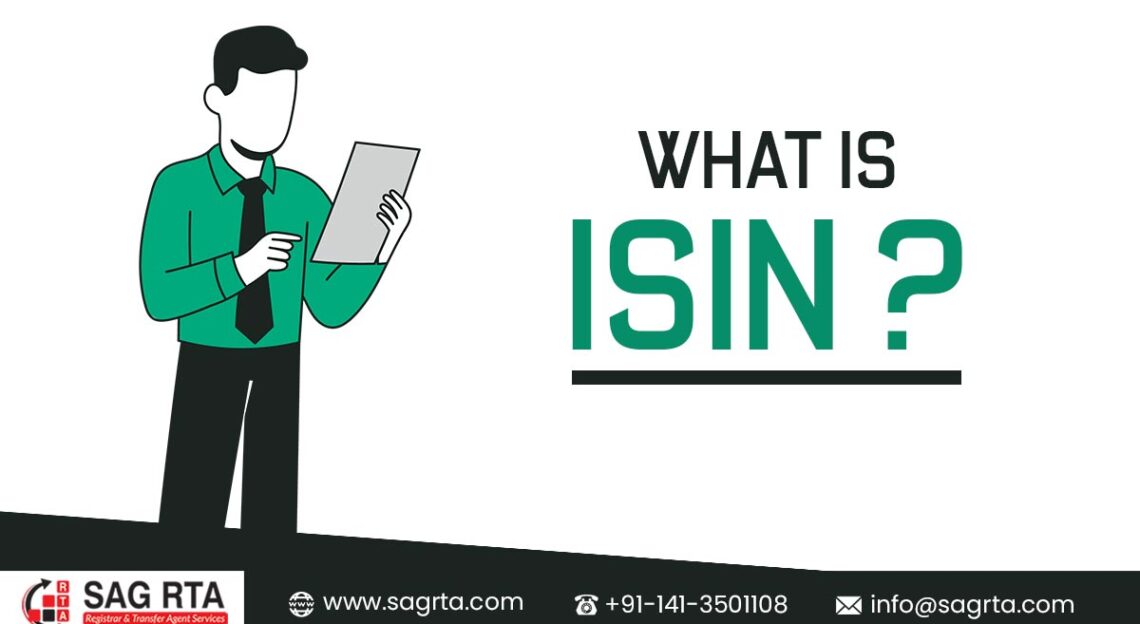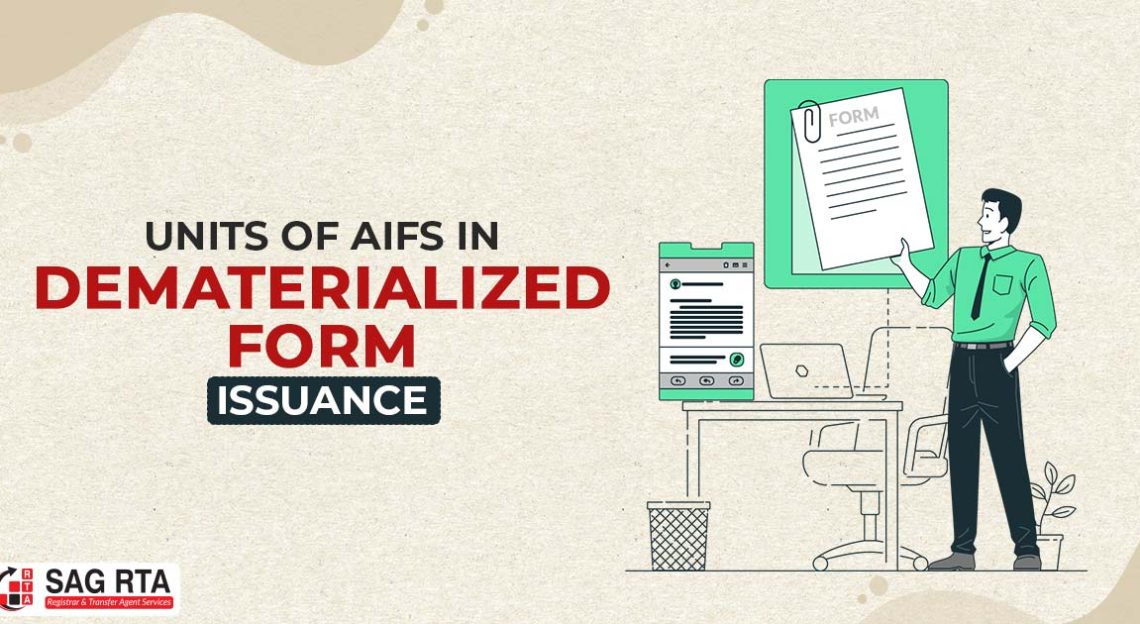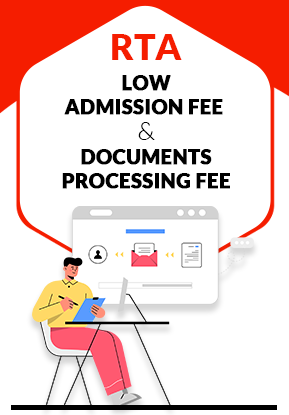In the finance and business sector, an individual is often encountered with a multitude of stocks, bonds, funds, etc. and their associated terms, which are not easy to understand.
However, in order to make sound financial decisions, it is essential to have a proper understanding of all these relative terms and their underlying concept.
In this series, having a detailed idea about bonds like Foreign Currency Convertible Bond (FCCB) is equally vital for the finance personnel.
So, let’s get a detailed idea about FCCB, its benefits, and drawbacks for both the companies and investors.
What is a Foreign Currency Convertible Bond (FCCB)?
A Foreign Currency Convertible Bond (FCCB) is one special type of a convertible bond that is issued by the companies to raise money in foreign currency.
In simplest terms, FCCBs can be marked as a special type of bonds that are issued in the currency, which is not similar to the home currency.
Buyers or holders of FCCB have two different options.
The first one includes redeeming their investment along with the interest whereas the second option involves converting the bonds into equity at a pre-agreed price during its term.
What is the Need of Issuing FCCBs for Companies?
In the current globalized world, FCCBs holds high significance for firms having a global footprint as they deal with multiple currencies. FCCBs are generally a ‘win-win’ situation for both buyer and issuers. By issuing FCCBs, companies have the option to access investment capital available in the foreign market whereas foreign investors, apart from getting regular interest, have the option to convert their bonds into shares at a fixed price.
Also Read: All You Need to Know About Debentures, Its Types, Advantages and Disadvantages
How do Issuing FCCBs Benefit companies?
- Some of the companies, banks, governments, and other sovereign entities prefer issuing FCC bonds because:
- The issuance of FCCBs allows the companies to raise capital outside their country in a more stable manner.
- The issuers also get access to investment capital that is available in the foreign market by exercising FCCB option.
- FCCB is a hybrid tool that works as both debt and equity for companies. Like bonds, it makes regular principal and interest payments whereas these bonds can also be converted into stocks.
- It also serves as a low-cost debt for the companies as the interest given on FCC bonds are generally lower than the market rate due to the equality component.
- Exchange rate fluctuations favoring the issuer can also help them in reducing the cost of debt capital.
- Companies face lower dilution on their stocks as these bonds are issued at a fixed conversion price.
What are the Benefits of FCCBs for Investors?
- FCCB holders also enjoy varied benefits, which include:
- Investors can take advantage of any equity price appreciation in company stocks
- The holders of FCCBs also enjoy the safety of guaranteed payments on the bond
- The individuals can also redeem these bonds at maturity, if not converted
- These bonds are also easily marketable as investors have the facility of converting them into equity if capital appreciation occurs
What are the Drawbacks of FCCBs?
From Company/Issuer’s Viewpoint
- The companies with low debt-equity ratios and large forex earning capability are given preference by investors due to high exchange risks. Therefore, other companies cannot exercise this option easily.
- Issuing FCCBs results in the creation of more debt and a forex outgo for companies in terms of interest
- In the falling market, there is no demand for FCCBs.
- FCCBs can also dilute the ownership in companies in cases when they are converted into equity resulting in reduced earnings per share.
- FCCBs remains as a debt entry in company sheets until the conversion
From the Investors Viewpoint
- The interest rate is generally low (around 3 to 4 percent) on convertible bond, but then again exchange risk is there on the principal and interest amount if bonds are not converted into equity.
What is the Taxation Procedure for FCCBs?
- The interest payment on the bonds is generally subject to TDS, which is at the rate of 10 percent.
- Ten percent TDS is applicable on the dividend of the converted option of the FCC bond.
- If the FCC bonds are converted into shares, then it will not give any rise to capital gains in India as it is liable to income tax.
- If a non-resident investor transfer FCCBs to another non-resident investor, then it will not give rise to any capital gains as it is liable to TDS in India.
You May Also Like: A Brief Overview of Employee Stock Option Plan (ESOP)









